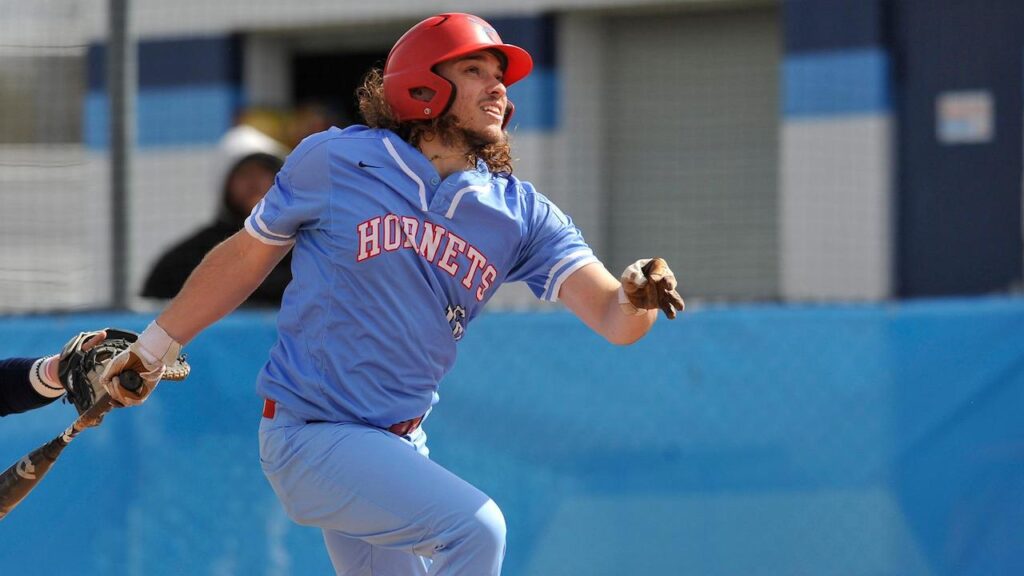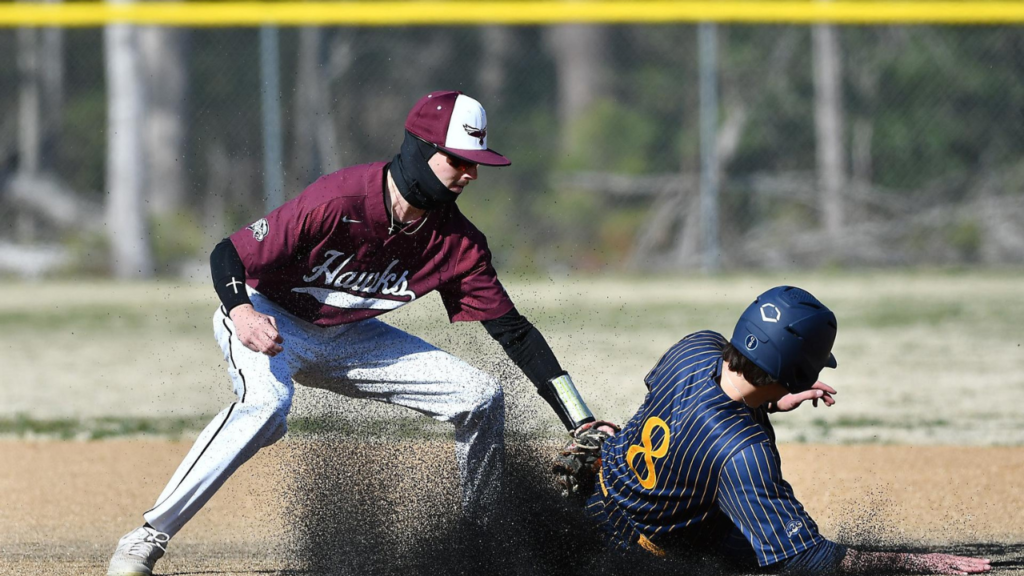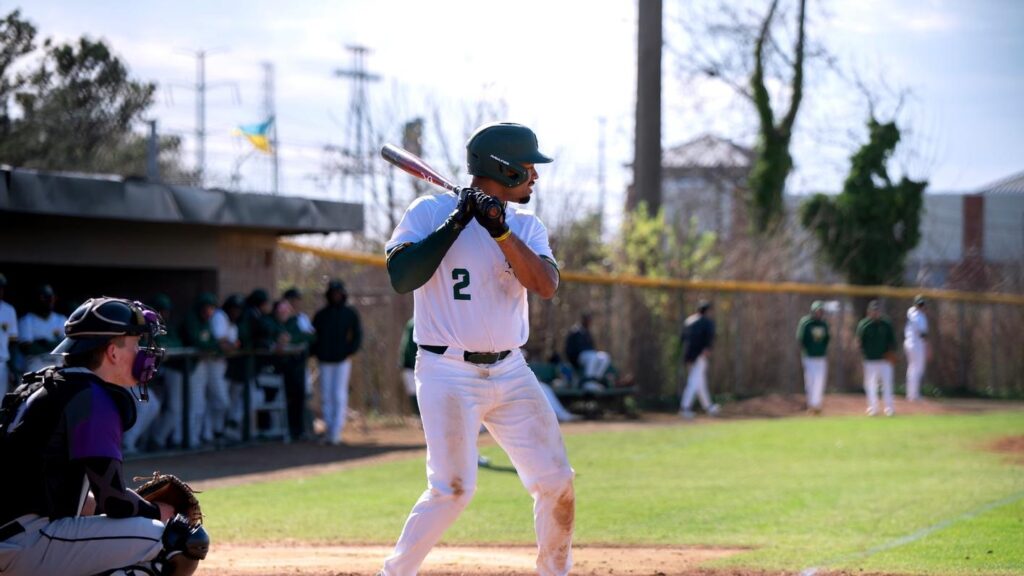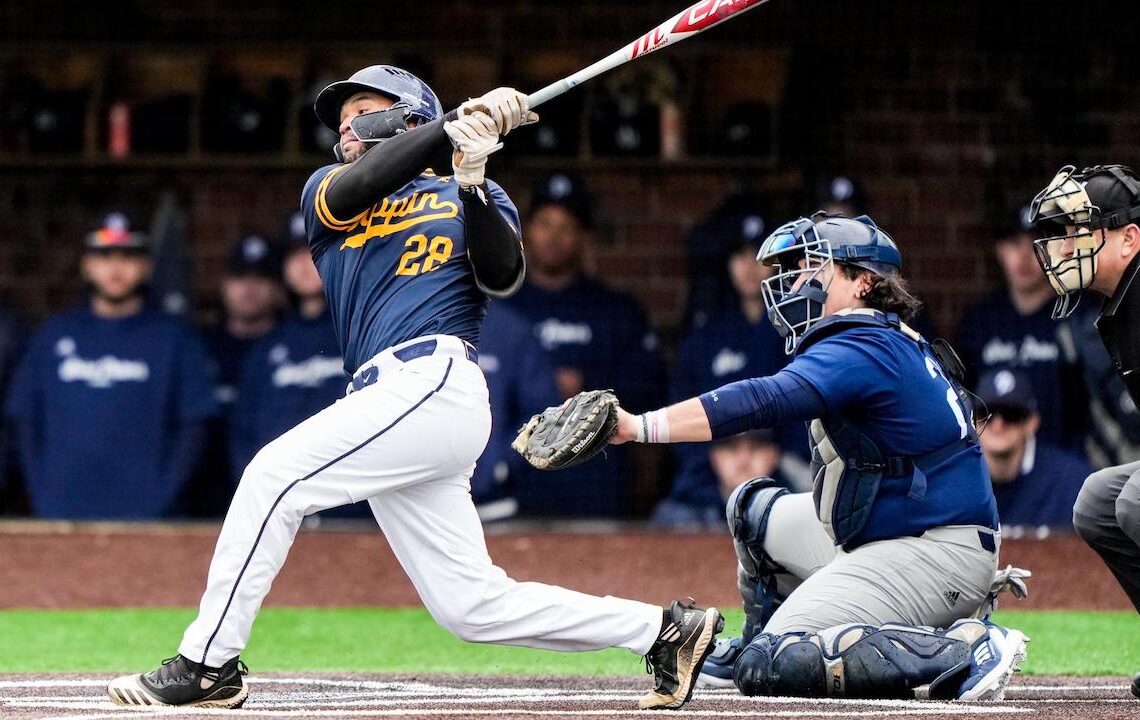Sure, there’s an extra day of travel and lodging added on.
Sure, there’s a period of adjustment to new opponents in new locations.
But don’t expect the surviving baseball schools of the Mid-Eastern Athletic Conference to complain.
Last summer, MEAC leadership worked out a partnership with the Northeastern Conference in which the NEC adopted the four remaining baseball-playing schools – Coppin State, Delaware State, Maryland-Eastern Shore and Norfolk State – as associate members. So far, each coach is pleased with the arrangement as it provides an opportunity for new experiences and the same goal – to win a conference championship and earn a spot in the NCAA tournament.
“Our players have adjusted really well. We have a lot of seniors and they just got tired of the continuance of playing one program 9 or 12 times in a season, so it’s brought a renewed excitement to baseball,” Coppin State head coach Sherman Reed says. “There’s a renewed energy that we’ve been missing. They play with a different swagger, there’s no doubt about it. We have something to prove that we belong and we can compete in the NEC.”

“We’re thankful for the NEC helping us out. Last year was rough playing each other 16 times,” Maryland-Eastern Shore interim head coach Shawn Phillips adds. “We’ve played the top teams in the NEC and they’re just like any other school we play. They’re coached well. Baseball-wise, I haven’t seen a big difference.”
“A lot of credit goes to the MEAC for finding a home for us and we’re just grateful for the commitment to baseball that our university has,” Delaware State head coach J.P. Blandin said. “We’re just taking it game by game and getting better. It’s great for the guys. We’re just really excited and grateful that we’re playing for a conference championship, but an opportunity to go to the NCAA tournament.”
Norfolk State head coach Keith Shumate adds, “Young people are resilient in general. They just look at it as going out and playing baseball. There’s probably an added spice joining the NEC, so now we have to develop new rivalries because it’s new to the players. They haven’t been bothered for the change, there are several that are excited about it.”
The Magnificent MEAC Four were faced with a dire situation following the departures of North Carolina A&T, Bethune-Cookman and Florida A&M in successive summers, as well as North Carolina Central’s decision to discontinue its baseball program last season. The NEC stepped up to the plate, pardon the pun, and welcomed the remaining programs with open arms.

There has been a period of adjustment for the newcomers, not just from a baseball standpoint, but the off-the-field things every coach has to take care of as the leader of a Division 1 baseball program.
“Travel is the biggest change,” Phillips, a former DSU baseball player, explains. “Getting a bus, it’s totally different. We’re leaving a day earlier now, so guys are missing class Thursday and Friday instead of just missing Friday. Now you’re feeding them another day as well. It adds up. You’re adding a day to the hotel. Hopefully, we have some alternatives later on. We get one year under our belt to figure things out.”
Blandin adds, “Now that our trips are over 3 ½-4 hours, we’re going to need to get on the road the night before. You’re also going into areas where standard of living is a little different. We went to a mall and looking at different prices and just in awe that a Whopper meal could cost 16 dollars. Our universities are working with all of us to make sure we’re traveling the night before. It does add challenges for that student-athletes, you’re out an extra full day, and kids are missing a little more class.”
“It had eyes popping around here when I drew up my new budget; it tripled,” Reed said. “Our road Friday is now Thursday and that’s an additional bus service/meal/hotel, those things were pretty shocking and the cost of living as you go up the 95 corridor goes higher.”
“We want to strengthen scholarships and funds have to go towards travel so that will take time,” Shumate says. “The advantage of exposure for players is definitely a plus. We’re happy to have a home. Regardless of whether we were in the MEAC or the NEC, we need to get to 11.7 [scholarships.]”

On the field, the MEAC schools are getting used to their new opponents. Reed’s Eagles, who defeated Blandin’s Hornets in the final (for now) MEAC title game last season, are 4-5 in conference play, tied for fifth in the 11-team NEC. UMES is 3-6, DSU is 2-7 and UMES is 1-5. With another month-plus of baseball to go, these numbers will change and likely for the better for each of the MEAC schools. There is hope that maybe one day the MEAC can be a baseball conference once again, but in the meantime, the surviving members are excited and grateful to have a home for the next two seasons.
“I think the guys are excited about playing different opponents, cities, universities. A lot of guys haven’t been past NY, so a trip to Long Island allows them to see different parts of the country. They seem to enjoy it so far,” Phillips said. “We’ve got two more trips, Wagner and Stonehill,- so it only gets longer from we’re taking it in stride, learning every trip and trying to play good baseball.”
“We just tried to say this is out of our control. Let’s do everything we can to go play baseball. That’s all we could do,” Keith Shumate said. “We’re not involved in the decision-making. We had a shortage of schools that wanted to support baseball, so I understand why we had to make this move.”
“There’s a lot of new,” J.P. Blandin adds. “So far we haven’t seen one of the old teams we’ve been familiar with. We’ve seen Wagner, CCSU, some really good baseball teams, done some travel north, which is something we’re not used to doing, but it’s really good baseball.”
“Once you get on the field, it’s just another baseball game,” Reed says. “Even though they don’t see Norfolk State or North Carolina A&T, these games mean just as much. Now we’re trying to get used to Wagner, Sacred Heart and Fairleigh Dickinson.”









Great article on MEAC Baseball and where the teams are playing, hopefully more MEAC schools can have baseball back on their schools and universities, but thanks to the NEC players can still play in a decent conference.